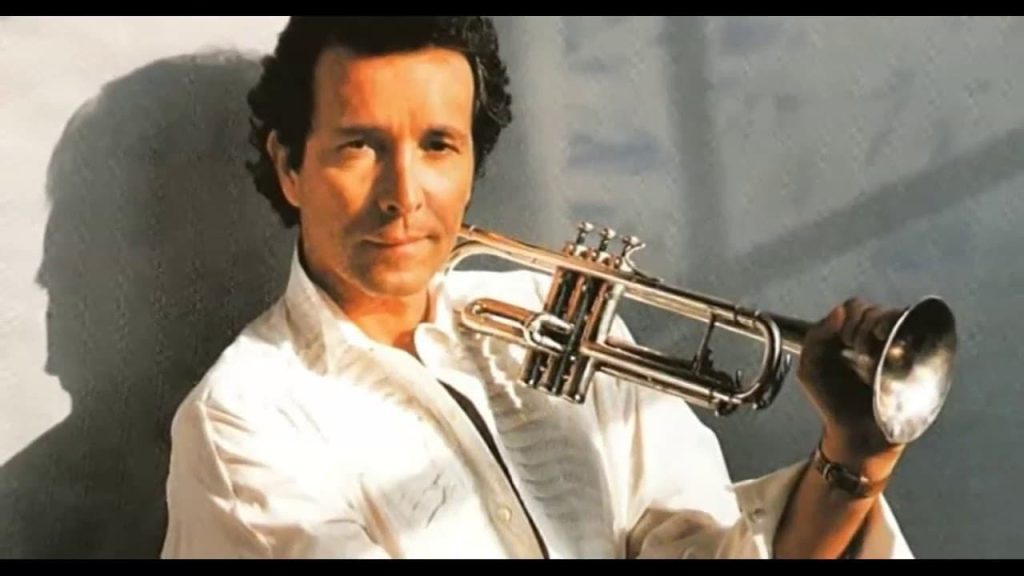
A Smooth Instrumental Journey That Defined an Era
Herb Alpert’s “Rise”, an instrumental masterpiece, is more than just a song; it’s a sonic time capsule, transporting listeners back to the late 70s and early 80s. Released in 1979 as the title track of his album Rise, this track soared to the top of the Billboard Hot 100, a rare feat for an instrumental piece, and also claimed the number one spot on the Adult Contemporary chart. This achievement solidified Alpert’s unique place in music history as the only artist to have topped the Hot 100 both with a vocal performance (“This Guy’s in Love with You” in 1968) and an instrumental one.
The story behind “Rise” is as intriguing as the music itself. The song was written by Andy Armer and Randy “Badazz” Alpert (Herb’s nephew). Originally, it wasn’t intended to be a single. However, its fate changed dramatically after it was featured in a pivotal scene of the popular television soap opera, General Hospital. The scene, involving the highly anticipated wedding of characters Luke and Laura, propelled the song into the national spotlight. The exposure garnered from this television placement was instrumental in its meteoric rise up the charts. It was a perfect storm of timing and placement, a testament to the power of media synergy.
Musically, “Rise” is a captivating blend of jazz-funk and disco influences. Its infectious groove is driven by a prominent bassline, crisp drumming, and, of course, Alpert’s signature trumpet playing. The track builds gradually, creating a sense of anticipation and release. The melody is both catchy and sophisticated, making it appealing to a broad audience. It’s a piece that you can both dance to and relax with, a testament to its versatility. There’s a certain warmth in the melody, a comforting familiarity that resonates even today. One can almost picture the dimly lit discos of the era, the mirrored balls casting shimmering reflections as people moved to the rhythm.
Beyond its chart success and television association, “Rise” holds a deeper significance. It represents a moment in time, a snapshot of the late 70s transition into the 80s, a period of cultural and musical evolution. It evokes a sense of nostalgia for a time when instrumental music still held a prominent place in mainstream pop culture. The track’s smooth, laid-back vibe offers a welcome escape from the complexities of modern life, inviting listeners to simply relax and enjoy the moment. For many, especially those who lived through that era, hearing “Rise” is like revisiting a cherished memory. It’s a reminder of simpler times, of youthful exuberance, and of the power of music to transport us back in time. It’s a song that has aged gracefully, its appeal enduring across generations. It’s not just a song; it’s an experience, a journey back to a time when music had a different kind of magic. The track also received a Grammy Award for Best Pop Instrumental Performance in 1980, further cementing its legacy. This recognition from the music industry solidified its place as a truly iconic piece of music.